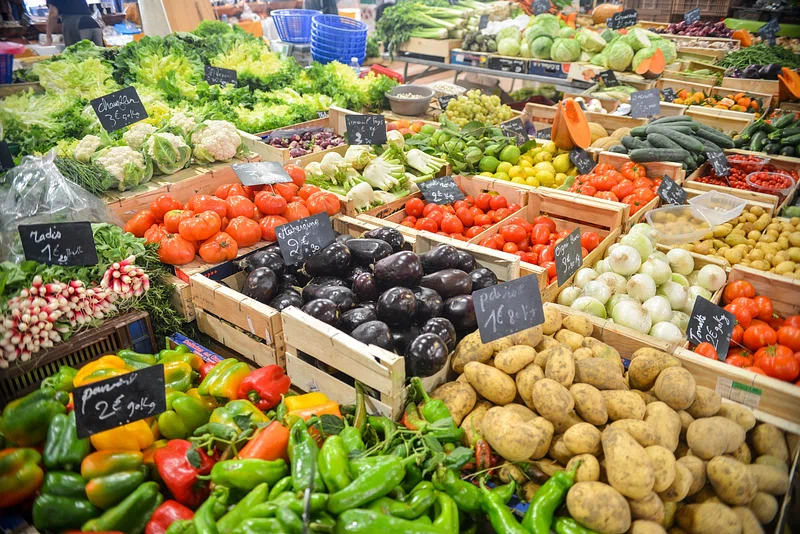INTRODUCTION
Today food in North America encompasses a huge industry that operates in a complex ecosystem that feeds billions of people every day. This article offers a glimpse into the top 10 food companies, highlighting their influence and impact on our plates.
While rankings can fluctuate based on various financial metrics, these companies consistently appear at the forefront of the industry:
Nestlé: Headquartered in Switzerland, Nestlé is a true behemoth, boasting a diverse portfolio of products ranging from coffee and confectionery to pet food and bottled water. Brands like Nespresso, KitKat, and Purina are household names under the Nestlé umbrella.
JBS USA: is a principal supplier in the meatpacking industry, particularly in beef. They’ve significantly enhanced their operations through strategic acquisitions.
Conagra Brands: With brands like Healthy Choice, Birds Eye, and Marie Callender’s, Conagra focuses on frozen foods, snacks, and shelf-stable products. They are constantly adapting to consumer demands for convenient and affordable meal solutions.
Unilever: This Anglo-Dutch firm is a highly recognized provider player in the packaged foods and consumer goods sectors. Brands like Lipton, Ben & Jerry’s, and Knorr are staples in kitchens worldwide.
Mondelez International: Spun off from Kraft Foods, Mondelez focuses on snacks and confectionery, including brands like Oreo, Cadbury, and Nabisco. Their global reach and focus on international markets contribute to their success.
Bunge Global SA is an international food services firm based in St. Louis, Missouri, in the United States. In addition to exporting soybeans overseas, it is invoalved in the grain, fertilizer, and food processing industries. Louis Dreyfus, Cargill, and Archer Daniels Midland are its rivals. About 23,000 people are employed by the business across 40 nations.
Riceland Foods, is the world’s biggest cooperative specializing in the the merchandising of rice and soybeans. It was set up and has 6 rice mills. It has a membership of about 5000 farmers. Through the receipt, storage, milling, packing, and marketing of rice, vegetable oil, meal, and byproducts to markets worldwide, the cooperative’s main goal is to leverage economies of scale to boost farmer returns.
Tyson Foods: A leading global protein company, This company trades in poultry, beef, industry. They a major supplier of meat to retailers, restaurants, and food service providers.
Kraft Heinz: Born from a merger between Kraft Foods and Heinz, this company boasts a portfolio of well-known grocery staples, including Kraft Mac & Cheese, Heinz Ketchup, and Oscar Mayer meats.
General Mills: This American multinational food company is known for its breakfast cereals, baking products, and snacks. Brands like Cheerios, Pillsbury, and Yoplait are staples in many households.
THE MARKET DOMINANCE
These companies wield tremendous power over today food. Their influence extends from product development and marketing to agricultural practices and global supply chains. Understanding their role within the food industry is crucial for consumers seeking to make informed food choices and advocates working towards a more sustainable and equitable food system.
As consumers become increasingly aware of the impact of their food choices, these giants will need to adapt to meet evolving demands for healthier, more sustainable, and ethically sourced products.
